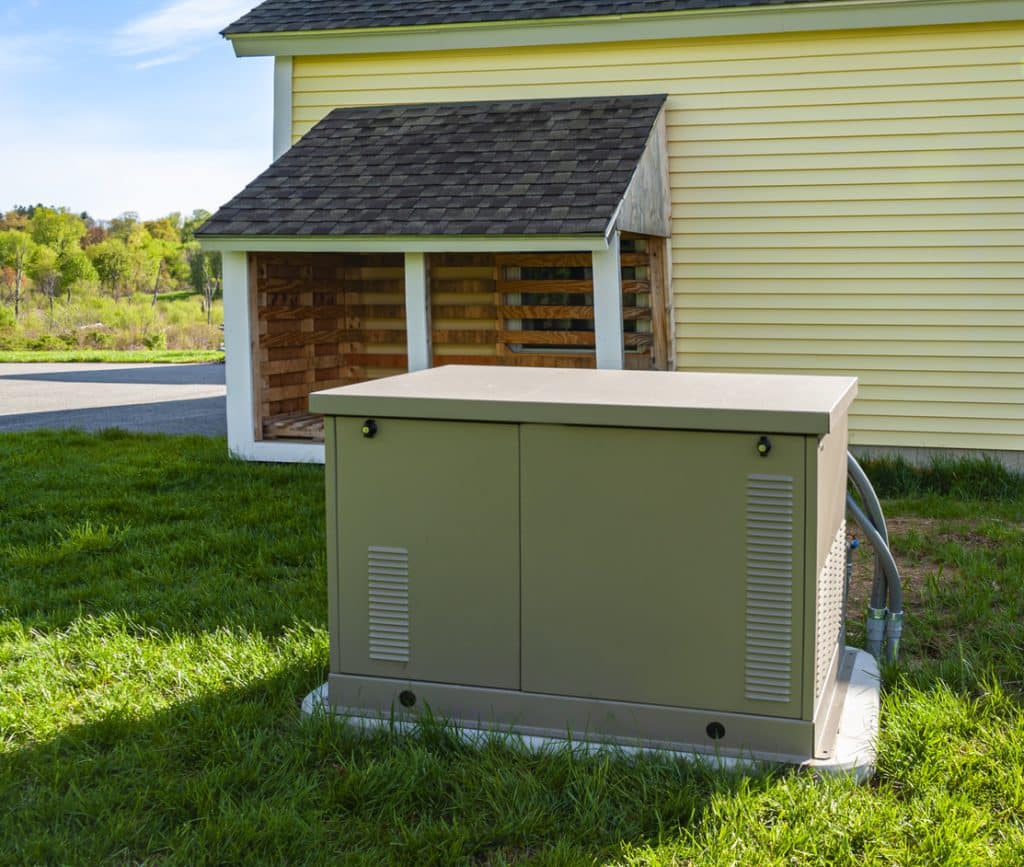Power failures are quite common and usually happen during storms. When lightning strikes a transformer or one of the poles in your neighborhood, you can lose power for hours or even longer. While there are small generators that come in handy, a whole-home model is usually your best option. Find out why you should head into 2023 with a whole-home generator.
Benefits
A whole-home generator is one that provides enough power for your entire residence. Small generators can charge your phone and run some small appliances, but they can run out of power in just a few hours. Some also call them standby generators because they essentially stand by until they are needed for a short-term outage. For a few days, you should consider a larger model. Some of the benefits of picking one for the new year include:
- These generators can run most, if not all, of the appliances and electronics in your home.
- They come with more safety features than smaller generators do.
- You can choose one that automatically kicks on as soon as the power goes out.
- Whole-home generators never run out of power.
- You can use your HVAC system and your water heater with these generators.
What Can You Do With Them?
You can do almost anything with a whole-home generator. They keep the food in your refrigerator and freezer cold to prevent spoiling and let you use all of the lights in your home. You can use one to power your home security system to keep your property safe and to power the sump pump that keeps water from building up in your basement. Many people add generators when they live with others who have medical conditions. This type of generator allows you to power any of the medical devices they need.
How Do They Work?
A whole-home generator connects as soon as it detects a disruption to the power. It kicks on automatically. You do not need to head outside in the cold rain to turn on the generator or fiddle with any switches. It uses a transfer switch to connect to your home’s electrical system. Most models use either liquid propane or gas. Smaller homes get by with a 6,000-watt generator. If you have a bigger home or more electrical items, you might need one with up to 20,000 watts of power or more.
You cannot and should not attempt to install a whole-home generator on your own because it poses too many potential dangers. Luckily, there are services available in your area that let you hire someone to install one for you. Contact us at Comeaux Electrical Services in Lafayette, LA today to get the whole-home generator you need installed in your home.


